
Hypochondriacs die earlier than those who worry less about their health – what might explain this paradox?
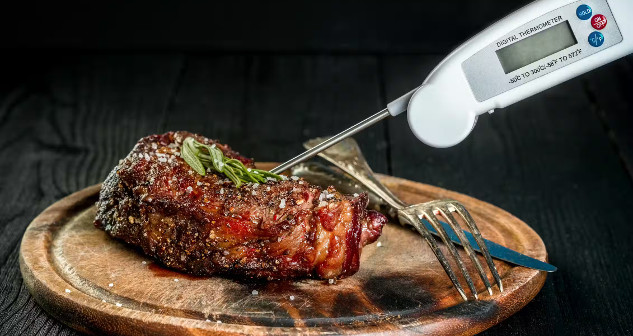
Ensure a safe and delicious holiday feast: How to use a food thermometer to prevent foodborne illness
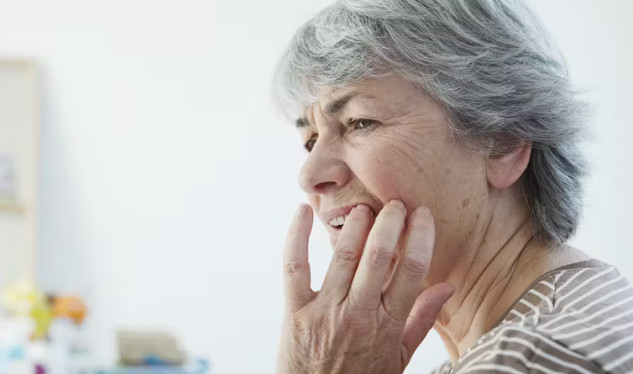
What happens to teeth as you age? And how can you extend the life of your smile?

Male infertility is more common than you may think. Here are 5 ways to protect your sperm
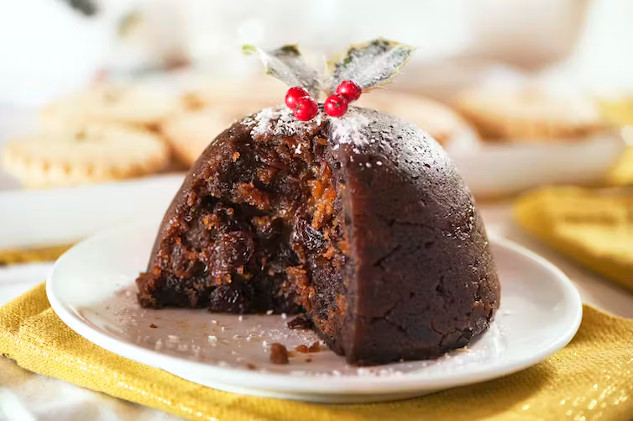
How the Christmas pudding, with ingredients taken from the colonies, became an iconic British food
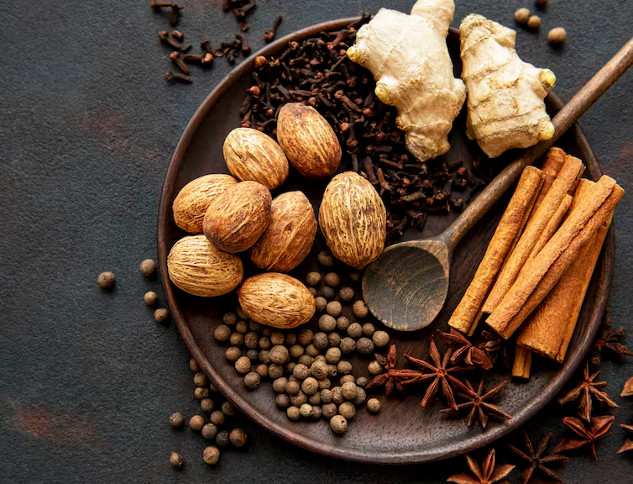
How cinnamon, nutmeg and ginger became the scents of winter holidays, far from their tropical origins
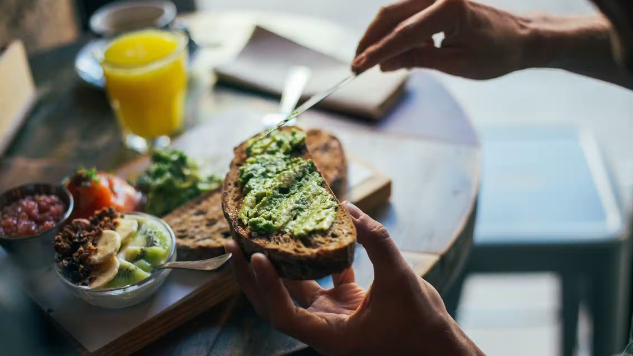
I’m trying to lose weight and eat healthily. Why do I feel so hungry all the time? What can I do about it?

Could visiting a museum be the secret to a healthy life?

Does exercise really do nothing for longevity, as a Finnish twins study suggests?

Gingerbread is a delicious yet ancient staple of the holiday season — and its spices may have some surprising health benefits

More than a third of people with dementia don’t know they have it – what to do if you suspect your partner has the condition
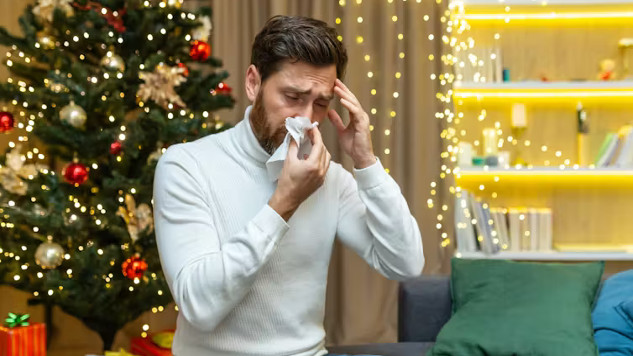
Christmas tree syndrome: why the festive evergreen can make your nose run – and what you can do about it

Monitoring the level of glucose (sugar) in your blood is vital if you have diabetes. You get results in real time, which allows you to adjust your medications, exercise and food accordingly.

In 1998, a group of researchers at the Department of Internal Medicine at the Medical University of Innsbruck (Austria) observed that high vinegar consumption can have three main harmful effects:

Immune health is all about balance – an immunologist explains why both too strong and too weak an immune response can lead to illness
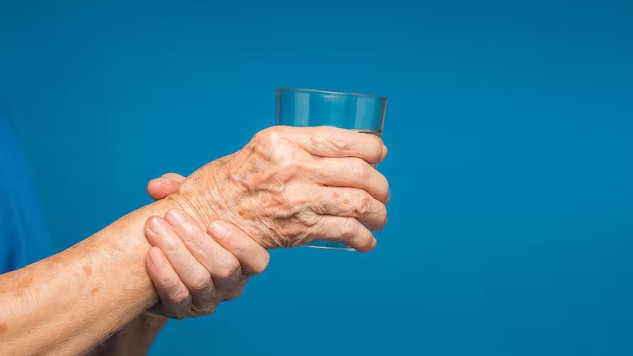
Since it was first produced at the start of the 20th century, synthetic plastic – and especially plastic packaging – has been an ever-present fixture in everyday life. Yet all the convenience plastic has given us comes at a price.
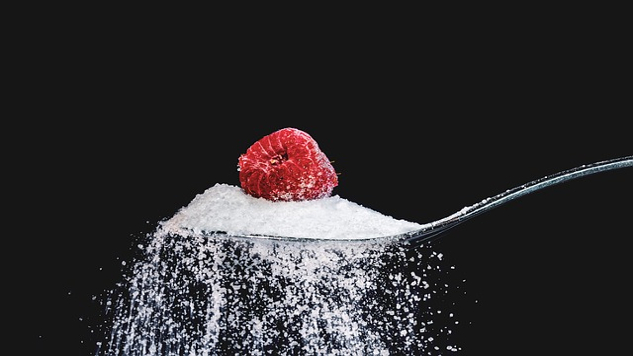
Most of us have been raised on a carbohydrate-based diet, which means we’re slaves to glucose. As your body digests starches, glucose is the result.

Lifestyle changes can reduce dementia risk by maintaining brain plasticity — but the time to act is now
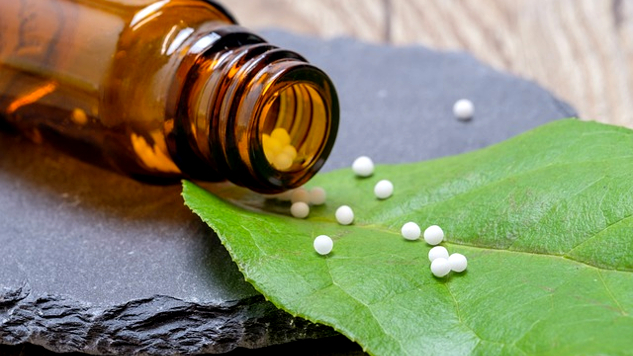
Homeopathy’s central dictum, the law of similars (use like to cure like), may be restated: In the appropriate situation, illness or disease symptoms are effectively addressed by a substance whose otherwise toxic effect is to produce equivalent or similar symptoms.

Pollution from coal power plants contributes to far more deaths than scientists realized, study shows
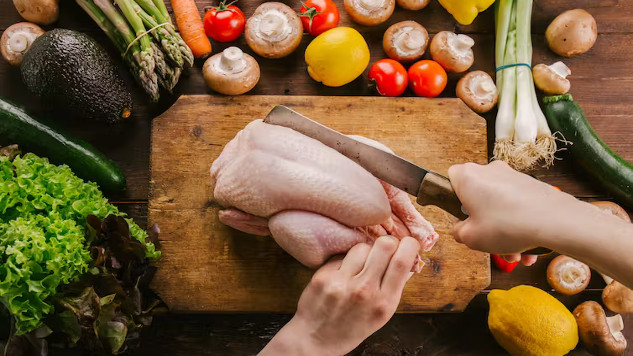
Chicken doesn’t need to be washed before cooking – here’s why

This Thanksgiving ? and on any holiday ? these steps will help prevent foodborne illness















